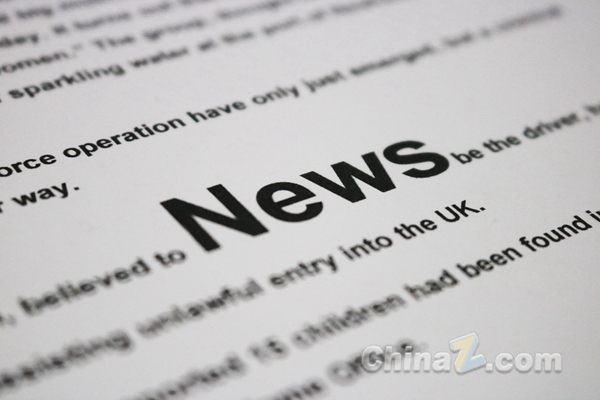Researchers at Keele University have developed an advanced AI tool that can identify fake news with an accuracy of up to 99%, providing a powerful weapon to combat the growing problem of online disinformation. This breakthrough research uses multiple machine learning techniques, especially "ensemble voting" technology, to significantly improve the accuracy of identifying fake news by combining the prediction results of different models. Researchers said that false information poses a serious threat to public discourse and national security, and the development of this tool brings hope for maintaining the authenticity and reliability of the online information environment.
Recently, researchers at Keele University have developed a new artificial intelligence tool that can identify fake news with an accuracy of up to 99%, which provides important support for combating online disinformation. Participating in the research were Dr Uchenna Ani, Dr Sangeeta Sangeeta and Dr Patricia Asso-Ayobode from the School of Computer Science and Mathematics.

The research team used a variety of machine learning techniques to design a model that can scan news content and determine its credibility. The researchers used "ensemble voting" technology, which combines the predictions of multiple different machine learning models to arrive at an overall score. The method performed beyond the researchers' expectations, successfully identifying fake news with 99% accuracy.
Dr Ani said: "The widespread dissemination of false information is a serious issue in our ever-evolving digital communications environment. Not only does this affect the integrity of public discourse, it has the potential to threaten prejudicial mindsets, opinions and behaviours. Local and national security.” He emphasized that fake news and disinformation pose a huge risk to the credibility of online news platforms, especially on social media, which highlights the urgency of seeking innovative solutions.
The research team hopes that with the continuous development of artificial intelligence and machine learning systems, the method can be further optimized in the future and eventually achieve 100% fake news identification accuracy. Recently, they presented their research results at the 44th SGAI International Conference on Artificial Intelligence in Cambridge, UK.
Through this new tool, researchers hope to curb the spread of fake news at the source and provide society with a more authentic and reliable information environment.
Highlight:
An AI tool developed by Keele University can identify fake news with 99% accuracy.
The tool uses "ensemble voting" technology to combine the prediction results of multiple machine learning models.
The researchers plan to further optimize the tool and strive to achieve 100% accuracy.
This research result provides new ideas and methods for combating online false information. It is expected to further improve the accuracy in the future and make greater contributions to building a clearer online environment. It is expected that this tool will play a greater role in practical applications and provide a strong guarantee for maintaining network information security.